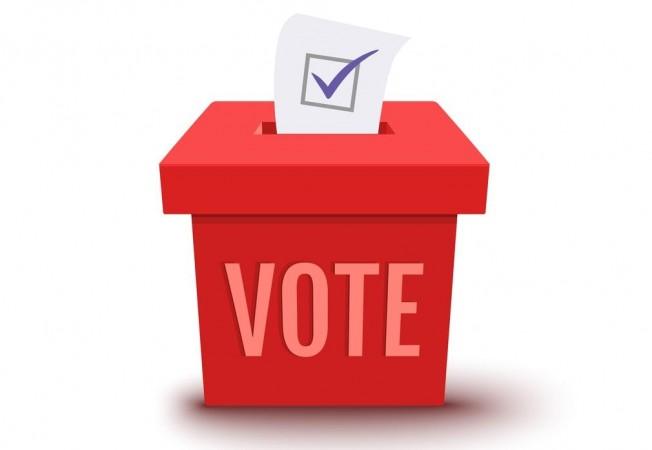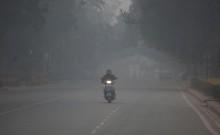
South Korea is set to hold a snap presidential election on June 3, 2025, following the impeachment and removal of President Yoon Suk Yeol. This election, prompted by Yoon's brief declaration of martial law in December 2024, marks a pivotal moment in South Korea's political landscape.
The background to this election is complex. Yoon's impeachment was upheld by the Constitutional Court on April 4, 2025, with a unanimous decision, leading to his removal from office. The election must occur within 60 days of the vacancy, as mandated by the South Korea's constitution.
Key candidates and parties are already positioning themselves for the contest. Lee Jae-myung, a leading opposition figure from the Democratic Party, is currently the top front-runner. He was very narrowly beaten by Yoon Suk Yeol in the 2022 presidential election. Other potential candidates from the Democratic Party include Kim Dong-yeon and Kim Kyoung-soo.
On the other side, the People Power Party's pool of potential presidential candidates continues to grow, with Kim Moon-soo, Yoon's former labor minister, having announced his candidacy.
Other potential candidates include Han Dong-hoon, Oh Se-hoon, and Hong Joon-pyo. Ahn Cheol-soo has also declared his candidacy.
The election is expected to reflect deep political divisions, with a likely face-off between conservative and liberal factions.
South Korea faces significant economic challenges, including rising U.S. tariffs and a slowdown in Asia's fourth-largest economy. The country is currently navigating these challenges under the leadership of Prime Minister Han Duck-soo, who is serving as an interim leader.

The electoral process is straightforward: the president is elected via a single-round plurality system, with the winner taking office immediately. Political parties are preparing for primary elections to determine their candidates by early May, with official campaigning starting thereafter. Rival parties are likely to finalize their candidates by early May.
Lee Jae-myung clearly dominates presidential matchups, maintaining a visibly strong lead over conservative candidates. According to recent polls by Gallup Korea, Lee leads Han Dong-hoon by 21 percentage points, Kim Moon-soo by 20 points, Ahn Cheol-soo by 17 points, Yoo Seong-min by 17 points, Hong Joon-pyo by 16 points, and Seoul Mayor Oh Se-hoon by 15 points. Lee's commanding lead is rendering a potential Democratic Party primary increasingly pointless, as he is likely to secure the nomination. Lee is known for his strong base of supporters.
Lee Jae-myung faces allegations related to election law violations, which his supporters and many others claim, are politically motivated. Meanwhile, the People Power Party lacks a clear frontrunner, with nearly a dozen hopefuls expected to vie for the nomination.
Lee Jae-myung was re-elected as party chair only last year with 85% of the vote, further consolidating his position within the Democratic Party. The People Power Party's lack of a standout candidate is complicating its efforts to rally behind a single nominee.
The election could significantly impact South Korea's relations with the U.S. and China. The Democratic Party, led by Lee Jae-myung, is likely to pursue a more balanced approach, maintaining economic ties with China while strengthening security alliances with the U.S. The outcome of this election will have geopolitical implications, potentially altering South Korea's stance in regional conflicts and its role in the U.S.-China competition. A shift towards more diplomatic engagement with China could ease tensions but may also recalliberate relations with the U.S.
The new administration will face challenges in reviving economic growth, potentially through policies aimed at reducing dependence on any one leading global power, manage through US tariffs and fostering domestic innovation. The new President may make efforts to diversify South Korea's economy, focusing on emerging technologies and regional trade agreements to mitigate external risks.
In the coming years, South Korea's economy could experience significant shifts based on the policies of the new administration. If Lee Jae-myung wins, his economic strategy might focus on balancing relations with major powers while investing in domestic industries. Conversely, a conservative victory could lead to a more aligned stance with the U.S., potentially affecting trade dynamics with China. The election's outcome will be crucial in shaping South Korea's economic trajectory and geopolitical position in the region.
[The author is Senior Vice President of the Global Economist Forum, SO, ECOSOC, United Nations and contributes regularly towards geo political and geopolitical economic issues.]








